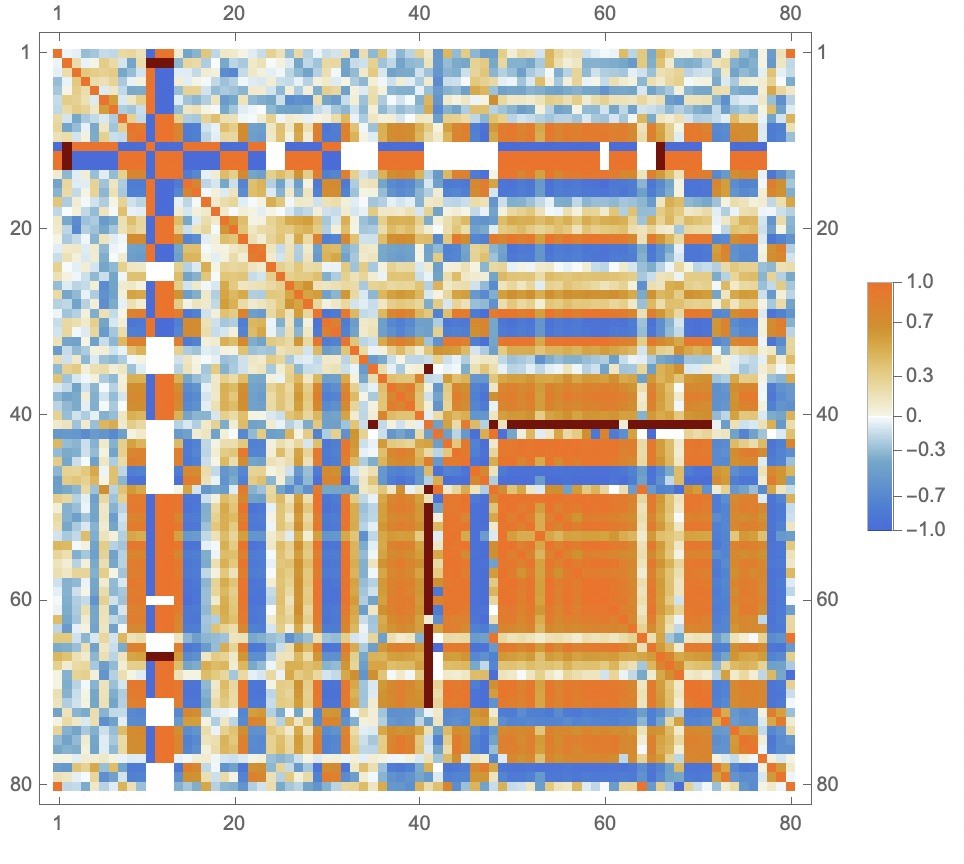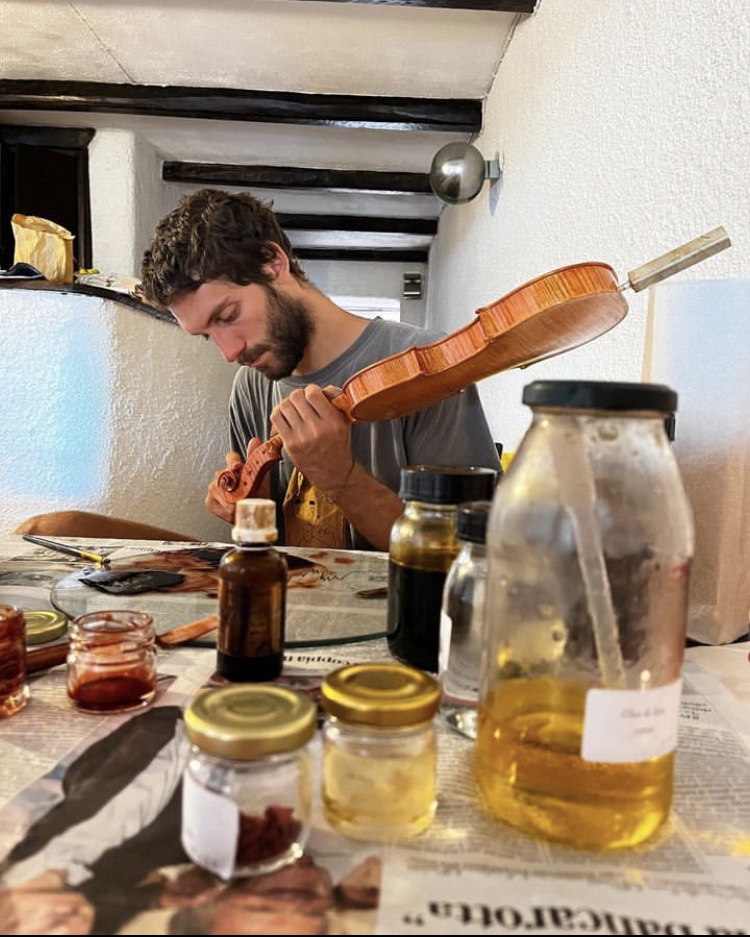- Home
- About The VSA
- Events
- Publications
- Education
- Members Only
The VSA Grant ProgramWe are excited to announce the next round of the new VSA Grant Program to provide funding for projects that advance The VSA's mission and goals. We invite project proposals from individuals, groups, or organizations. We are particularly interested in projects that go beyond our traditional methods to benefit our VSA members and our wider community. Guidelines:
Chris Clark, VSA Treasurer Chair, Scholarship & Grant Committee Fall 2024 Grant Recipients - Luca Jost “Abrasion resistance of fingerboard materials”
Alternative fingerboard materials are becoming an increasingly important issue in the context of stringed musical instruments due to the diminishing supply of traditional options like ebony. Various alternatives have been developed and marketed. When prioritizing efficient use of resources, fingerboard lifespan becomes a key differentiating factor. However, manufacturers typically supply only limited properties of these materials, namely density, damping and hardness. These do not present themselves as useful predictors of lifespan expectancy for fingerboards. As proposed originally by Joseph Curtin, a more valuable measure might be found in a given material's abrasion resistance. In this research project funded by the VSA, Luca Jost aims to evaluate the abrasion resistance of commercially available alternative fingerboard materials. Based on these measures, actionable advice will be generated, assisting makers in finding the correct material for their personal applications. The study's findings will be shared in written form as well as both on-demand-video and live presentations. Project-in-progress updates can be followed on Mr. Jost’s Instagram page luca_jost_violins. 2023 Recipients: Tommaso Chiesa / MJ Kwan, Sam Zygmuntowicz, Sebastian GonzalezThe VSA Grants program began in 2018 as an extension of our educational platform, the very essence of the Mission Statement of our society. Twice a year, we put out a call for letters of inquiry. They are reviewed by the Scholarship and Grants Committee, chaired by Chris Clark, Treasurer. Loyal volunteer, Jay VandeKopple manages the process of follow up with the applicants. You need only have a good idea and plan, not be a professional Grant Writer! All Committees make recommendations for actions to be taken by The VSA Board of Directors. The Board will then discuss and vote, directing the distribution of funds on all final awards. The Violin Society of America is pleased to add to the accumulated knowledge of violin family instruments and bows with the following projects, which were awarded grant funding during the 2023 fiscal year: The Superba's Violin Makers: Violin Makers in Genova 1600 - 1800
The project encompasses a detailed investigation into the violin makers who lived and worked in Genova, Italy, from 1600 to 1800. Tommaso Chiesa aims to develop his research capabilities by accessing and consulting documents found in both civil and ecclesiastical archives, as well as examining the instruments produced by these makers.
Chiesa has opted to concentrate on the Genovese makers because the city, also known as 'La Superba', was home to a relatively unknown violin making school. Although not widely recognized, this school maintained a unique and coherent design-based tradition, with clear stylistic connections visible among its makers through their instruments. The limited existing information about this school presents Chiesa with a significant opportunity for thorough research. The primary goal of the project is to present a lecture at a VSA Convention and to publish an article in a VSA publication outlining the history of violin making in Genova. The article will clarify the formative development and construction techniques used by the makers from this school. Chiesa believes that understanding the style and methods of artisans from a lesser-known but influential school can provide invaluable insights for contemporary makers interested in exploring new stylistic and technical possibilities in their craft. Patters in data that may inform contemporary and future violin-making practices MJ Kwan and Sam Zygmuntowicz are teaming up with Dr. Sebastian Gonzalez to apply advanced statistical methodologies to the extensive dataset of Sam's instruments and examine the nuanced relationships between construction parameters and resultant sound. This research team is working to delineate regions of the spectra influenced by specific construction parameters; quantify the magnitude of influence each parameter has on sound radiation within these frequency bands; document trends, anomalies, or patterns in the data that may inform contemporary and future violin-making practices. The practical impact is to offer actionable insights for both established and upcoming violin makers, helping them fine-tune their craft for desired sound outcomes through a presentation at VSA Convention. The team’s work includes developing and outlining standard methods and best practices for keeping data in a way conducive to statistical analysis. They are eager to publish their findings in The VSA Papers.
|




